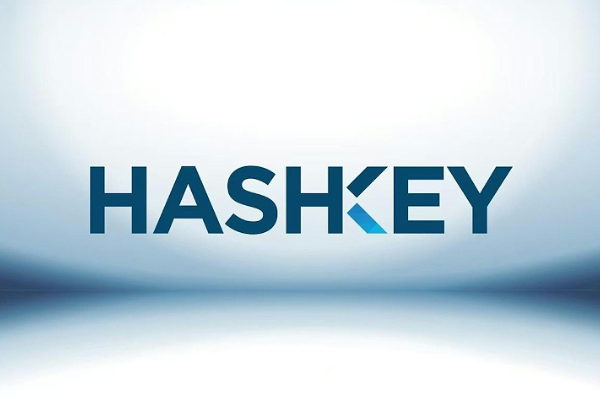Xu Zhengyu: Stablecoin regulations will be implemented in August, and the goal is to issue the first batch of licenses this year
As the Stablecoin Ordinance is about to come into effect in August, Hong Kong's financial regulators are accelerating the implementation of related supporting systems. The Secretary for Financial Services and the Treasury of the Hong Kong Special Administrative Region, Paul Hui, recently said that the Hong Kong Monetary Authority (HKMA) is widely soliciting market opinions on the specific implementation guidelines of the Ordinance. The relevant guidelines are expected to be announced within this month, covering anti-money laundering requirements, asset custody, information disclosure and other compliance regulatory frameworks.
Paul Hui pointed out that while promoting the development of stablecoins, the Hong Kong government will adhere to the principle of "prudent supervision and innovation-driven" to ensure that financial security and market vitality are given equal importance. He made it clear that the HKMA will adopt a prudent strategy in issuing licenses, and the number of stablecoin issuance licenses issued in the initial stage will be controlled in the single digit to ensure orderly market development and controllable risks.
He said: "We expect to receive applications as soon as possible after the Ordinance officially comes into effect, and the goal is to issue the first batch of licenses within this year."
As for the issue of RMB-pegged stablecoins that the market is concerned about, Paul Hui said that if it involves stablecoins pegged to currencies of other jurisdictions, such as RMB stablecoins, its feasibility will require in-depth communication with relevant regulatory authorities. He stressed that as an international financial center, Hong Kong is committed to providing an open, clear and high-standard regulatory environment for global compliant stablecoin issuers, but at the same time it must respect and cooperate with the sovereign coordination mechanism for cross-border currency issuance.
It is generally believed in the industry that the implementation of the Stablecoin Ordinance will lay the foundation for Hong Kong to become a global compliant digital asset hub. The introduction of the Ordinance marks that Hong Kong has officially entered the stage of legalization of stablecoins, which not only fills the relevant regulatory gaps, but also provides a clear direction for digital asset service providers, financial institutions and technology companies to participate in the stablecoin market.
As a bridge connecting the mainland and the international market, Hong Kong's stablecoin system has attracted much attention from the industry and overseas regulators. In the future, if stablecoins can be deeply integrated with actual financial scenarios, it will be expected to improve cross-border payment efficiency, reduce transaction costs, and bring broader space for Hong Kong's financial technology innovation.









